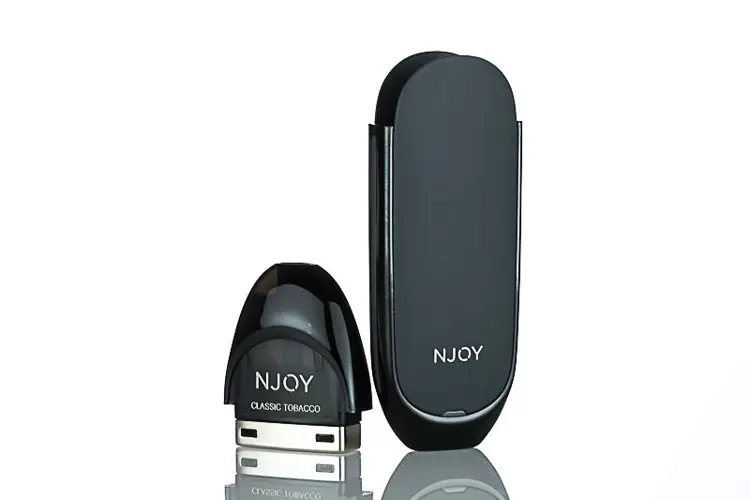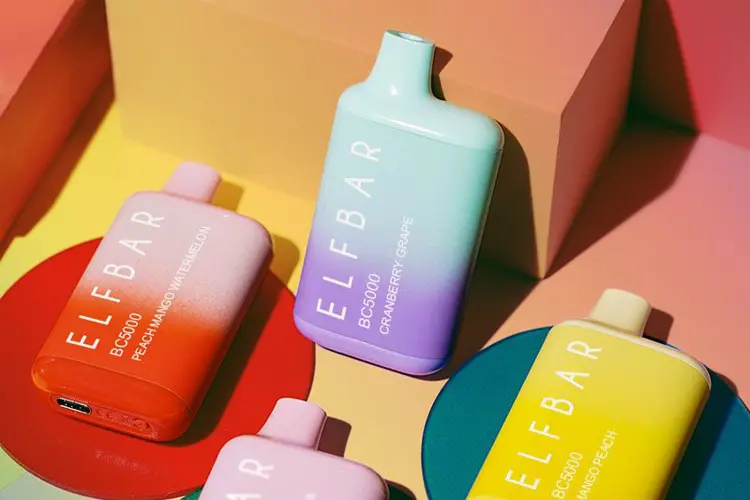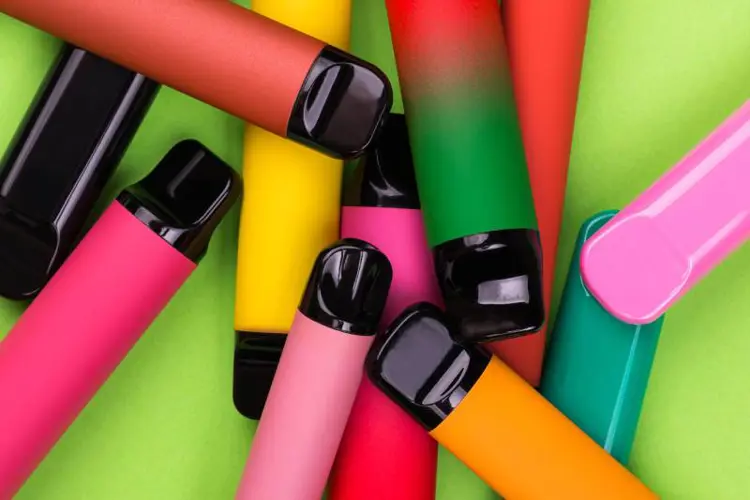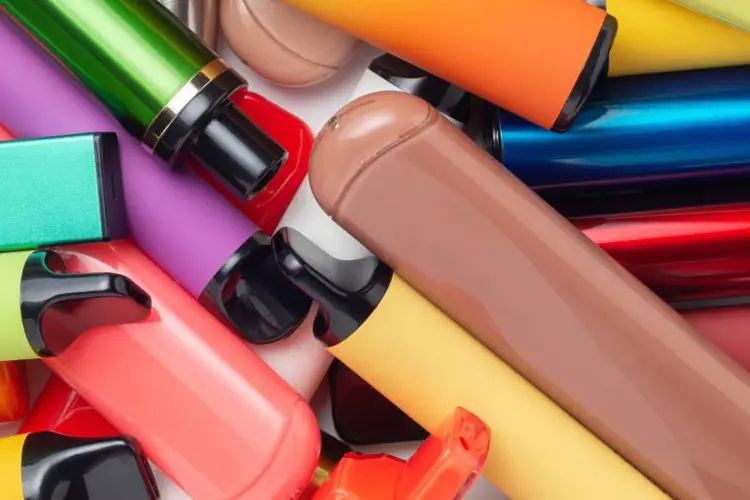Update Jan. 23, 2024
A federal judge has dropped most defendants from the Altria/NJOY lawsuit, and dismissed NJOY's motion for a temporary injunction barring sale and distribution of the named brands.
Altria vape subsidiary NJOY today filed a federal lawsuit against 34 manufacturers, distributors and retailers of disposable vapes, which NJOY says are sold unlawfully in California and elsewhere.
The brands targeted in the lawsuit are Breeze, Elf Bar, Esco Bar, Flum, Juice Box, Lava Plus, Loon, Lost Mary, Mr. Fog and Puff Bar. The lawsuit, filed in the U.S. District Court for the Central District of California, asks for a nationwide injunction that would prevent the import and sale of the named disposable vapes, and compensatory and punitive damages paid to NJOY.
NJOY warns that it may also add additional defendants to the complaint, and “will consider further litigation activity.”
NJOY, once a scrappy independent company that successfully sued the FDA, is now a subsidiary of tobacco company Altria Group, manufacturer of top-selling Marlboro cigarettes. NJOY manufactures two of the six currently sold FDA-authorized vaping devices. Altria bought NJOY earlier this year for $2.75 billion, soon after dumping its 35 percent share in Juul Labs.
Altria and R.J. Reynolds want to eliminate the competition
Today's lawsuit comes just days after Vuse manufacturer R.J. Reynolds filed a complaint with the International Trade Commission (ITC) charging a nearly identical group of companies with illegally importing unauthorized disposable vapes. It is difficult to believe that the two complementary legal attacks on disposables, happening less than a week apart, were not coordinated.
NJOY and Altria accuse the manufacturers and distributors of selling flavored products in California, which passed a ban on in-store sales of flavored vapor and tobacco products last year. The lawsuit also alleges the disposable products violate federal law and are subject to FDA enforcement.
The lawsuit, along with FDA enforcement and pressure from tobacco control groups, could eventually push the disposable vape sector fully underground, transforming the current gray market (products sold in legal retail stores; taxes paid) to an illegal, unreported black market. If that happens, nicotine vaping products would be sold by individuals and criminal groups through online and face-to-face transactions, with no product oversight or age restrictions.
The giant cigarette companies want their market back, please
Like R.J. Reynolds, which manufactures Vuse e-cigarettes, Altria is primarily a cigarette manufacturer. If they are successful in clearing the market of the disposable vapes that have recently exploded in popularity, the tobacco companies will gain either new Vuse and NJOY customers, or returning Newport, Camel and Marlboro customers.
“These companies knowingly violate federal and state laws and need to be held accountable,” said Altria executive vice president Murray Garnick in a press release. “Today there are two markets—one for those who play by the rules and one for those who flagrantly ignore them.”
There is no scenario in which a full scale enforcement blitz against disposable vaping products does not end with increases in cigarette sales.
Altria and BAT cannot sever themselves from the inherent conflict of interest; when vapers switch to cigarettes, they benefit.
— Gregory Conley (@GregTHR) October 19, 2023
Of course, Altria created those rules. It was lawyers from Altria (then called Philip Morris) that collaborated with Campaign for Tobacco-Free Kids President Matthew Myers and members of Congress to write the Tobacco Control Act, which became law in 2009. Altria used the opportunity to design a regulatory system that favored cigarettes and wealthy corporations, and would later be used to discourage and harass manufacturers of low-risk nicotine products that might compete with Altria and R.J. Reynolds, the dominant American tobacco companies.
The Act gave the FDA regulatory authority over tobacco products, and created the FDA Center for Tobacco Products, which became an accomplice to the cigarette companies' duopoly. The Tobacco Control Act created the premarket tobacco application (PMTA) process, which the agency used to prevent small vaping companies from competing in the nicotine market, and grandfathered all existing tobacco products (including cigarettes) onto the market without review.
Since then, the FDA has used its authority to shut out independent vaping manufacturers. The agency has not authorized a single product in a flavor other than tobacco, or any bottled e-liquid. All six of the vaping devices so far authorized by the FDA are made by Altria (NJOY), Reynolds (Vuse), or Japan Tobacco (Logic).
The Freemax REXA PRO and REXA SMART are highly advanced pod vapes, offering seemingly endless features, beautiful touchscreens, and new DUOMAX pods.
The OXVA XLIM Pro 2 DNA is powered by a custom-made Evolv DNA chipset, offering a Replay function and dry hit protection. Read our review to find out more.
The SKE Bar is a 2 mL replaceable pod vape with a 500 mAh battery, a 1.2-ohm mesh coil, and 35 flavors to choose from in 2% nicotine.
Because of declining cigarette sales, state governments in the U.S. and countries around the world are looking to vapor products as a new source of tax revenue.
The legal age to buy e-cigarettes and other vaping products varies around the world. The United States recently changed the legal minimum sales age to 21.
A list of vaping product flavor bans and online sales bans in the United States, and sales and possession bans in other countries.

















